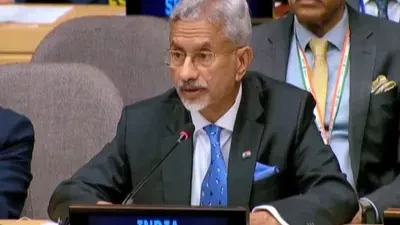IHI study points at benefits snag in universal insurance

UPLIFTING remuneration of healthcare workers is needed to ensure that the country’s Universal Health Insurance (UHI) system benefits clinics, doctors, nurses and patients alike, a research report has suggested.
Research conducted by the Ifakara Health Institute (IHI) in collaboration with the London School of Hygiene & Tropical Medicine (LSHTM) from 2023 to mid-2025 highlights the importance of reforming provider payment mechanisms (PPMs).
These are methods by which health facilities are reimbursed by the government, as a critical determinant of success for universal health insurance as currently, Tanzania relies on a mix of payment models, the core of which is the National Health Insurance Fund (NHIF).
It operates on a fee-for-service basis, while the Improved Community Health Fund (ICHF) and the donor-based Health Basket Fund (HBF) use capitation methods, providing a fixed amount per enrolled patient.
The Social Health Insurance Benefit (SHIB) scheme employs a combination of the two approaches, with IHI researchers studying the conduct of these systems in Singida and Manyara regions.
They found considerable variation in how the models function in practice, with healthcare providers consistently expressing concern about low payment rates, delays, unpredictability and heavy administrative burdens, the study noted.
While NHIF’s fee-for-service model was seen as more reliable and effective in covering expensive treatments, it imposed significant paperwork demands, meanwhile capitation was generally accepted in principle but only if payments were timely, adequate and linked to fair performance incentives.
Dr Peter Binyaruka of IHI, who led the study, said that payment systems must reflect frontline realities if UHI is to succeed. Patient experiences also differed across schemes, such that although waiting and consultation times were broadly similar, NHIF beneficiaries were more likely to access prescribed medicines.
The study reported greater trust in health facilities than those enrolled in ICHF, the study emphasises, noting that Tanzania’s implementation of the UHI Act, passed in 2023, will require careful consideration of benefit packages, premium levels and provider payment systems.
Strategic health financing—covering how funds are raised, pooled, and used—particularly through well-designed PPMs, is crucial for achieving universal health coverage (UHC), he said.
Researchers recommend aligning payment rates with service costs, enforcing predictable schedules, simplifying reporting requirements and tailoring performance incentives to local contexts. Involving providers in the design of capitation models can enhance trust and accountability, the report indicated.
While reforming payment systems may not adequately resolve challenges such as weak drug supply chains, limited supervision and poor data use, well-structured payments can improve provider motivation, enhance service delivery and build public confidence in the new insurance system, the study affirmed.
For Tanzania’s health workers, the outcome could determine whether facilities remain adequately staffed and stocked while for citizens it may spell the difference between a functional universal insurance system and one that struggles to meet its promise, the lead researcher added.
Top Headlines
© 2025 IPPMEDIA.COM. ALL RIGHTS RESERVED






















